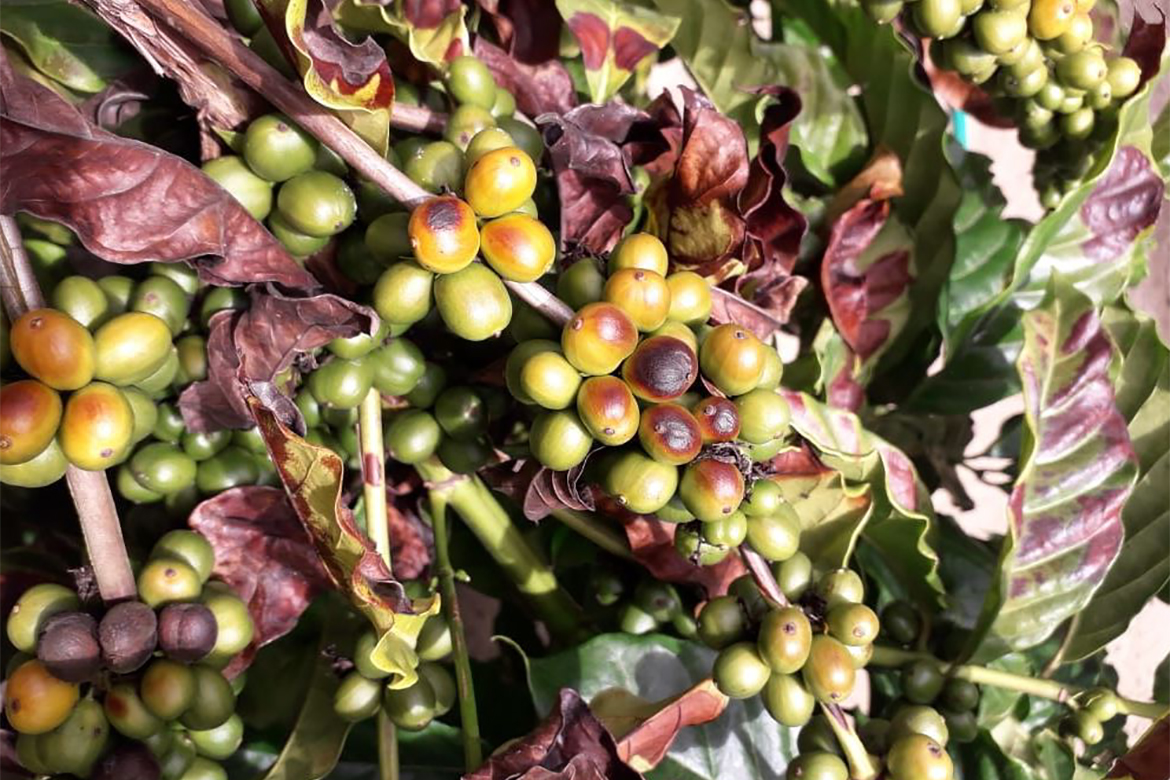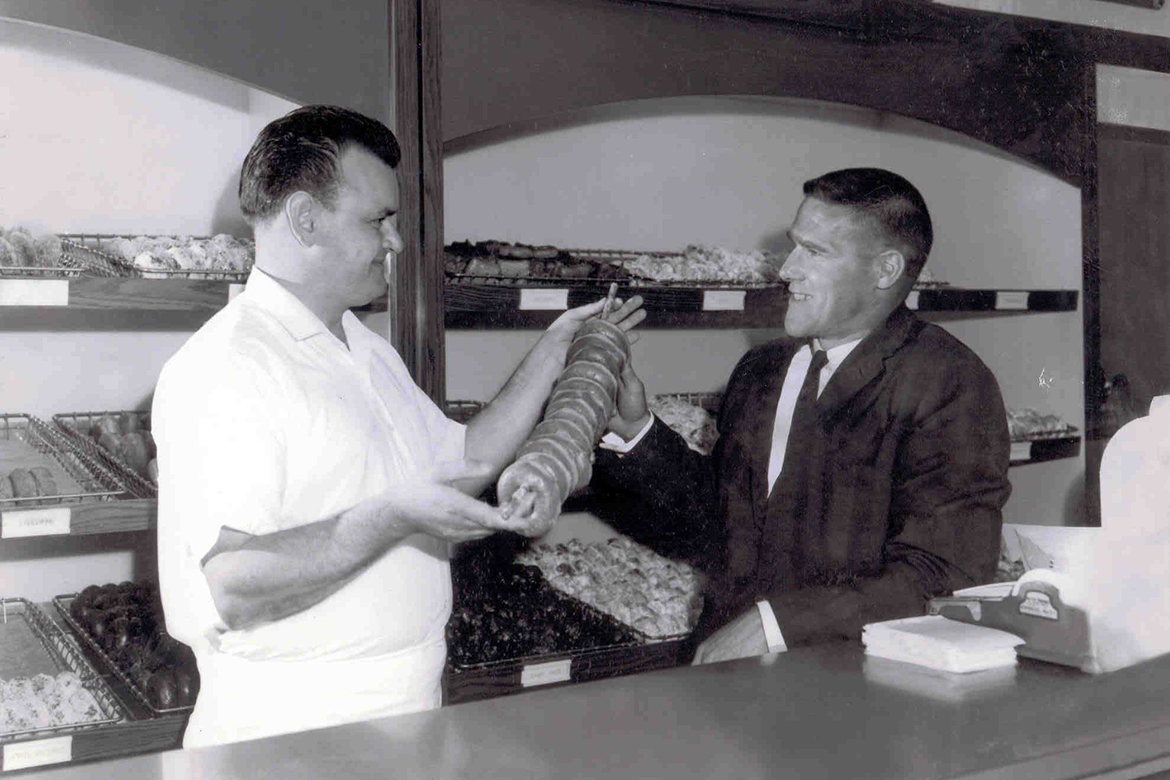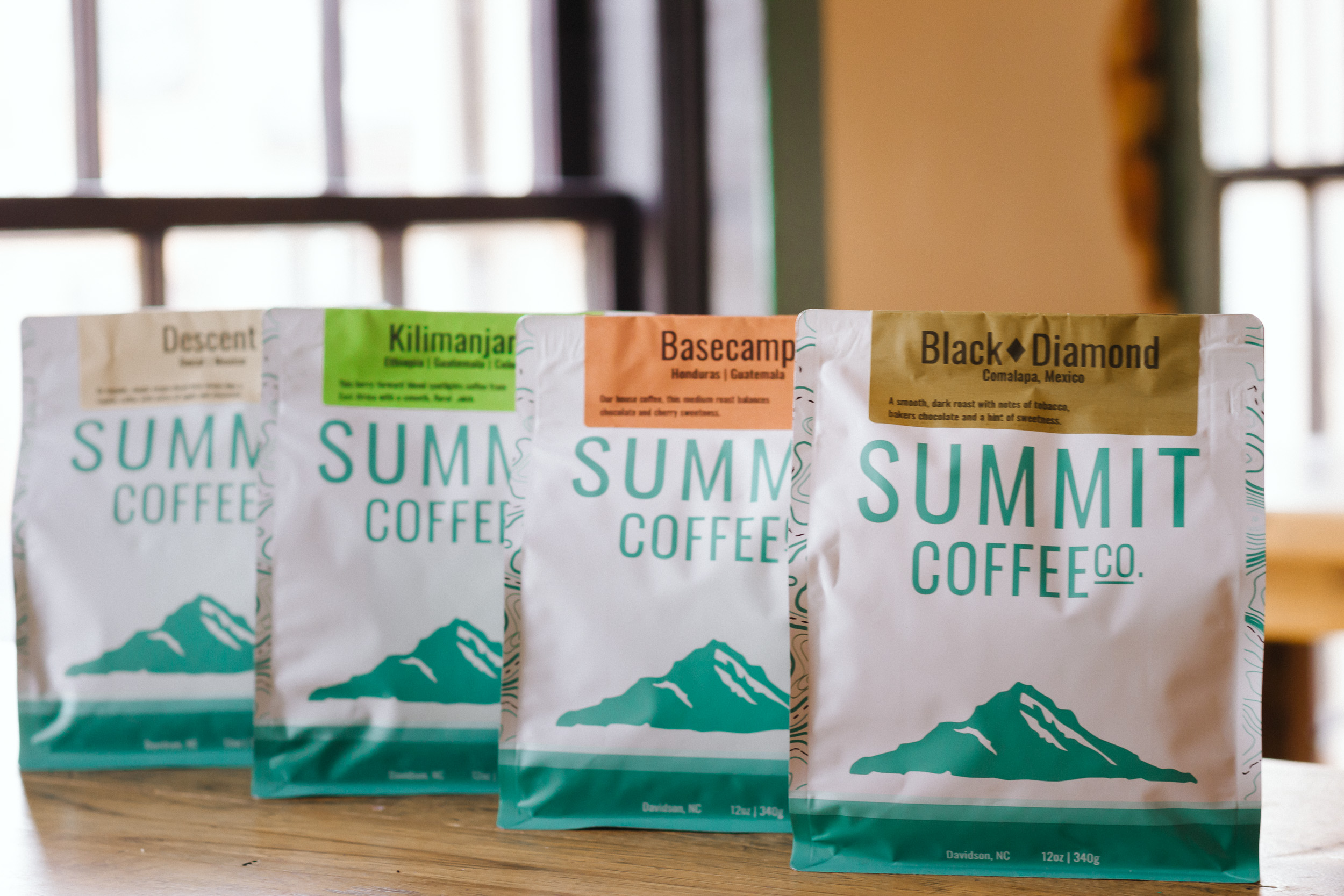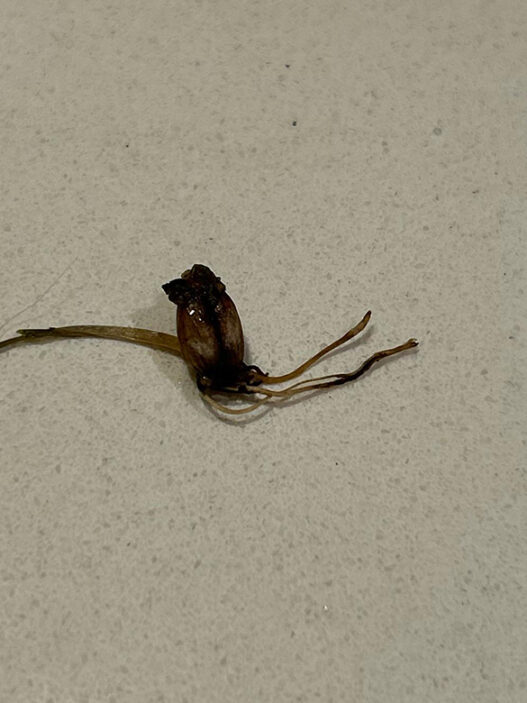
You might remember last week’s Polar Vortex, the cold front that wreaked havoc across much of the Midwest, sending the news media into a bit of a tizzy as it went. At the same time as temperatures in Fargo, North Dakota, were bottoming out at -31°, a few thousand miles to the south the Brazilian robusta harvest was literally burning on the trees.
In the eastern states of Bahia and Espirito Santo, which together produce more than 80 percent of Brazil’s robusta crop, maximum temperatures have been as much as 14° above average for this time of year. According to Bloomberg, coffee trees are enduring nine hours a day of high-80s temperatures in full sun, essentially roasting the beans inside their cherries while still on the branch.
Although robusta is notoriously hardier than its more fussy cousin arabica, the lack of shade crops on these enormous farms work against it in the case of drought or intense heat. While rain is forecast for the coming week, it probably won’t be enough to bring real respite, which means the exposed trees will continue to blister in the sun for the time being
A record robusta harvest had been predicted for Brazil this year, with the high production being suggested as one of the reasons for the collapse of the C price in the fall. What this mini heatwave does to coffee prices in the short term remains to be seen, but the reality is that climate change will continue to unleash more extreme, increasingly unpredictable weather patterns. It seems as though this sort of story, like the shattering cold of the Polar Vortex, is likely to become routine.
Fionn Pooler is a journalist based in Ann Arbor, Michigan, and the publisher of The Pourover. Read more Fionn Pooler on Sprudge.
Top image via Bloomberg.






















